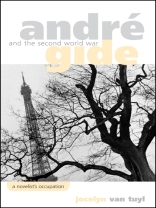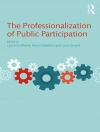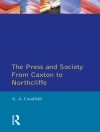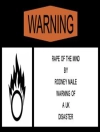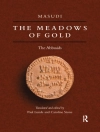Arguably the most influential French writer of the early twentieth century, André Gide is a paradigmatic figure whose World War II writings offer an exemplary reflection of the challenges facing a leading writer in a time of national collapse. Tracing Gide’s circuitous ‘intellectual itinerary’ from the fall of France through the postwar purge, this book examines the ambiguous role of France’s senior man of letters during the Second World War. The writer’s intricate maneuverings offer privileged insights into three issues of broad significance: the relationship of literature and politics in France during World War II, the repressions and repositionings that continue to fuel controversy about the period, and the role of public intellectuals in times of national crisis.
With the exception of the early wartime Journal, Gide’s publications during France’s ‘dark years’ have received little critical attention. This book scrutinizes the entire wartime oeuvre in depth, tracing the evolution of Gide’s political views and, most importantly, reading the wartime texts against each other. It is the interplay among these texts that reveals the full complexity of Gide’s political positionings and the rhetorical brilliance he deployed to redress his tarnished image.
Tabela de Conteúdo
Acknowledgments
Abbreviations
Introduction
1. From Munich to Montoire: National Crisis and the Man of Letters
2. Accommodation and Reaction: The Wartime N.R.F.
3. Coded Messages: The “Interviews imaginaires”
4. Battles on the Home Front: Domestic Allegory in the Tunis Journal
5. Repositionings: Pages de Journal and Thésée
6. Coming Home: The Purge and the Aftermath
Epilogue
What Happened to André Gide
Notes
Works Cited
Index
Sobre o autor
Jocelyn Van Tuyl is Associate Professor of French at New College of Florida.
